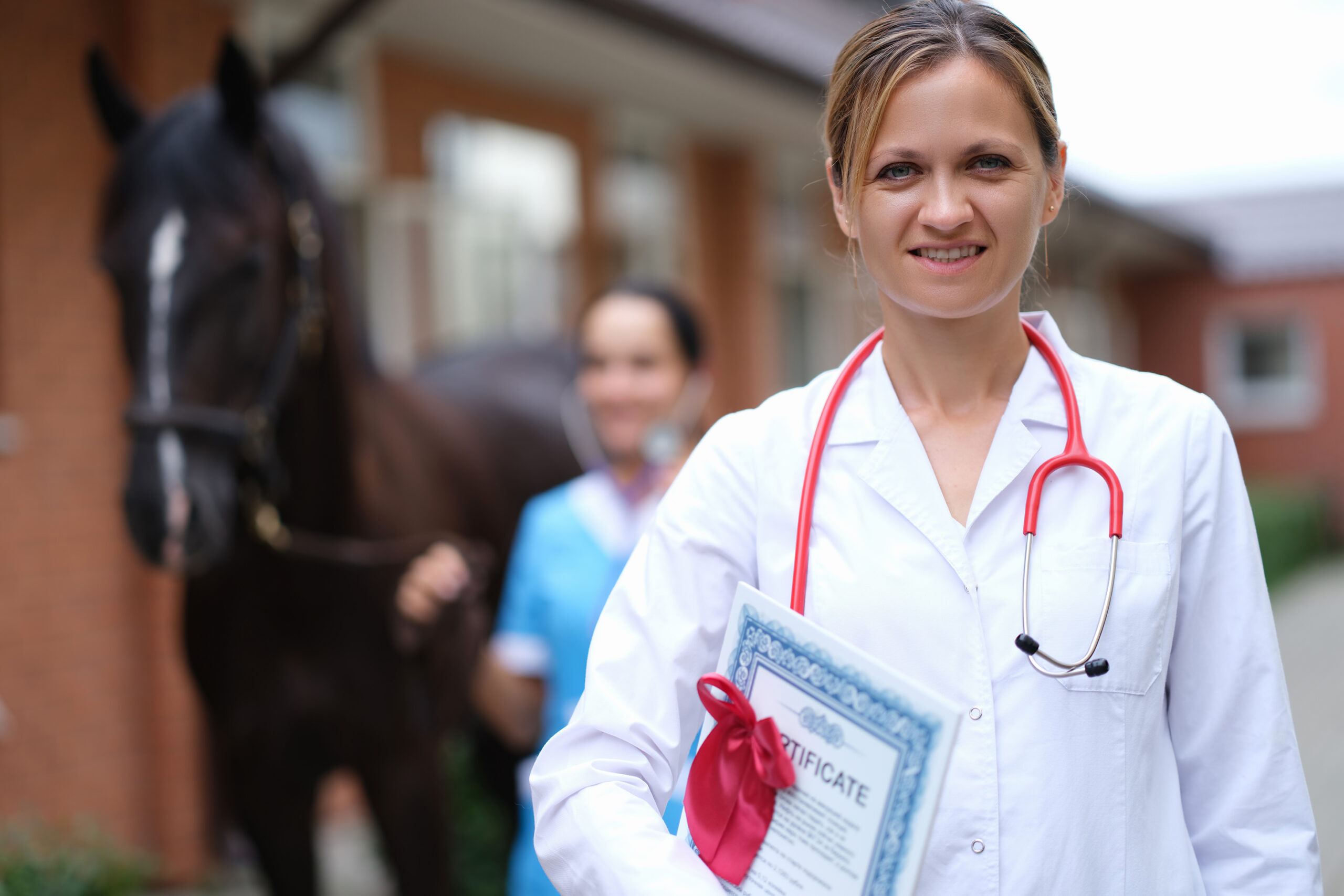An initiative to provide much-needed information on the prevalence of infectious disease in companion animals, and put a spotlight on any newly emerging conditions, was launched at the BSAVA congress by a team from the Liverpool veterinary school.
SAVSNET is the result of collaboration between the university, the veterinary practice software company Vet Solutions and a number of commercial diagnostic laboratories. It has the backing of DEFRA, BSAVA, the Animal Health Trust, NOAH and several of NOAH’s member companies in the animal health industry.
Dr Alan Radford, a lecturer in small animal medicine at Liverpool, explained that the project has two elements. One will collect data from participating labs on specific diagnoses of particular infectious agents in samples from cats and dogs. The second, more ambitious phase will gather real time syndromic surveillance data on cases presenting gastrointestinal signs in first opinion practices.
This involves a chain of questions integrated into the computer company’s software, used in 765 veterinary premises around the country. The consulting clinician will be able to answer those questions in a matter of seconds during the consultation.
Answers will be added to the patient details already held on the computer and automatically backed up each day to the company’s data base in Edinburgh and so the vet does not have to remember to file reports at the end of a busy surgery.
Voluntary scheme
Participation in the scheme is entirely voluntary for practices using the company’s software. As well as trying to minimise the bureaucratic burden on practitioners, the team is keen to ensure that participants receive clinically useful information showing how their clinical caseload compares with the national average.
The data will be anonymised and made publicly available on the SAVSNET website (www.liv.ac.uk/SAVSNET).
Results from a pilot study for the first phase of the project were presented at the launch. These showed data on the numbers of Campylobacter, Giardia and Neospora cases identified by commercial laboratories.
A preliminary test of the practicebased project was launched in April using two local practices and will be rolled out across the whole country as any data gathering problems are identified and dealt with.
As the project develops, it is hoped to extend the range of conditions being monitored and include information on minor companion animal species, said the project co-ordinator, Aine Tierney.






